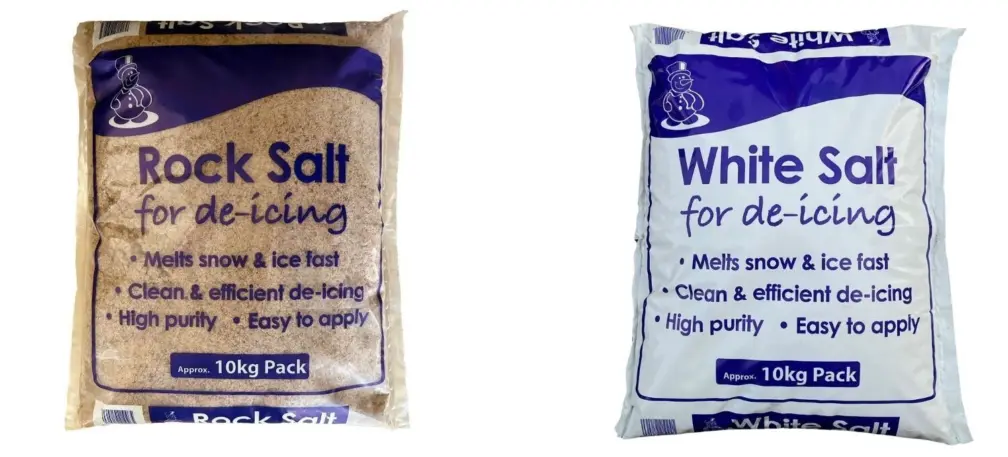Which Salt is Best For My Organisation?
Confusion over different types of salt on the market leads to wrong salt being bought by purchasing departments.
As the first heavy snowfall of the year falls over Scotland, many companies will be feeling pleased if they bought their de-icing salt in advance, safe in the knowledge that their business can keep moving. The extreme cold of the last two winters means that many new de-icing products have proliferated through the market, and not all of them are equal.
Online Rock Salt knows that some of its customers may be feeling confused by the choice on offer. Different companies use different language and phrases to describe their product, and without expert industry knowledge it can be difficult to know if what you’re buying is effective de-icing salt or if it’s suitable for your organisation.
All salt has inherent de-icing properties. The atoms from which the salt is made prevent the liquid from freezing, or encourage the solid to melt if frozen. But salt makes water boil more slowly. Salt in a solution tends to keep the solution liquid, and to oppose any change to either a gas or a solid.
Why? Well, if you freeze or evaporate salty water, the salty water has to become more concentrated. But salt likes to be dilute, not concentrated; a concentrated solution takes more energy to produce than a dilute one. The presence of salt keeps water liquid.

‘Rock salt’ is the name for the brown de-icing salt that is used by councils and the Highways Agency. True rock salt is quarried, and taken from UK mines. The brown appearance is caused by clay that exists naturally in the salt; this is not added at any stage in the process. This is an extremely effective de-icer, and is a cost effective measure for those who don’t mind the slight clay residue left behind. To know that you’re getting true rock salt, as opposed to table salt with gravel added, always make sure that the salt is marked with BS 3247: 1991, which means that you will receive product that meets the British Standard for the product. This salt is a great, affordable product that suits a customer who doesn’t mind a slight residue left behind after de-icing.
‘Rock salt’ is the name for the brown de-icing salt that is used by councils and the Highways Agency. True rock salt is quarried, and taken from UK mines.
There are many different varieties of white salt available on the market. Many kinds of white salt are edible, both in powder form and in slightly bigger crystals. White salt is also used to keep dishwashers around the country running at peak efficiency. All of these salts will melt snow and ice, but for the most efficient results the wise purchasing department will make sure that the white salt is specifically designed for de-icing. This means that the salt crystals are large enough to settle evenly on the ground, and that the anti-caking agents added are suitable for spreading on the ground. This is a great product for customers who need quick de-icing but are also aware of the effects of a residue on shoes - and on carpets!
Depending on which salt is best for you and your business, always make sure that you buy from a reputed buyer. The cold winters have led to many varying de-icing products being sold, but always make sure that you buy a product that contains pure salt. Online Rock Salt understands the needs of its customer base, which is why it has never sold adulterated product and will always make the best recommendation for your business.
Now that you know which salt is right for your business, explore our full products range here.
Still unsure? Call us on 01695 425038 and speak to one of our de-icing experts for tailored advice.


